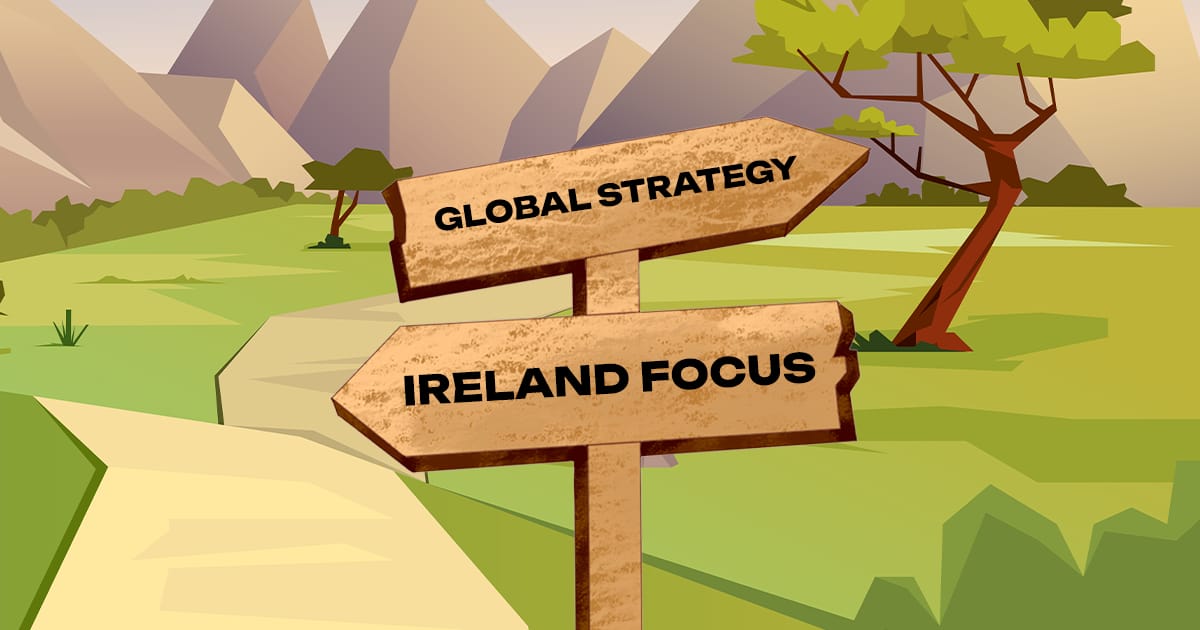On one side, we watched the Esports Olympics—the grand, multi-game collaboration between the IOC and Saudi Arabia—collapse before it ever really began. On the other, League of Legends Worlds 2025 rolled on in full force, backed by 15 major global sponsors and proving yet again that a single-title model, when done right, is a machine that prints both fandom and revenue.
It’s a tale of two strategies: one chasing prestige, the other chasing sustainability. And somewhere in between sits everyone trying to build the future of esports. Some are even talking about Esports 2.0.
The Olympic Dream That Didn’t Survive Reality
The concept of an Esports Olympics was irresistible on paper: nations competing across multiple titles, broadcast to the world, backed by the credibility of the IOC. But when the IOC and Saudi Arabia pulled the plug on their 12-year deal, it exposed the fault lines.
Publishers own the IP. Without their buy-in, there’s no competition. Add in logistical headaches, fragmented audiences and perhaps geopolitical sensitivities—and suddenly the Olympic ideal starts to look like a very expensive group project with no group leader.
It’s a reminder that in esports, control doesn’t sit with a federation.
The Power of the Singular Story
Meanwhile, Riot’s League of Legends Worlds keeps showing why focus wins. One game. One vision. Total ecosystem control. Worlds doesn’t need to convince a dozen publishers to play nice—it just needs to tell one story brilliantly, every year.
Fifteen sponsors—including Mercedes-Benz, Mastercard and Intel—lined up again for 2025. That’s the power of clarity. Everyone knows what they’re buying into. Everyone wins when the ecosystem is built to last.
It’s not just commercial discipline; it’s cultural alignment. A single-title world championship can be laser-targeted, self-contained and self-sustaining.
Lessons for Ireland and the UK
While the global stage flexes billions, Ireland and the UK are focused on something far less glamorous—but arguably far more important: building depth.
In the UK, British Esports is blending education with competition—student leagues, the National Esports Performance Campus and accredited esports qualifications. It’s about developing people, not just players.
Here in Ireland, our mission through Ireland Esports Leagues is similar: creating a connected pathway that runs from schools to universities to the workplace. Our new Collegiate Series Premier Division, the Student Rep network, plus our growing ties with national communities like COD Ireland, Rocket League Ireland and ICL: Counter Strike 2 show that grassroots strength still matters.
Education is the next logical step on our horizon.
Because while the world debates global events, the future of esports will be shaped by how well we build the base—through structure, education and opportunity.
A Hybrid Future? Probably. But Not Yet.
The global scene may eventually find a balance—a hybrid of spectacle and substance, where multi-game events coexist with publisher-led powerhouses. But for emerging ecosystems like ours, the path is clearer: focus on the grassroots and the growth of people, the community is where it starts.
The Esports Olympics momentum may have paused, but it’s a reminder that big ideas without strong foundations tend to do that. The real work, the sustainable work, is happening quietly—in classrooms, on campuses, and inside communities where gaming is becoming a pathway to skill, connection, and career.

